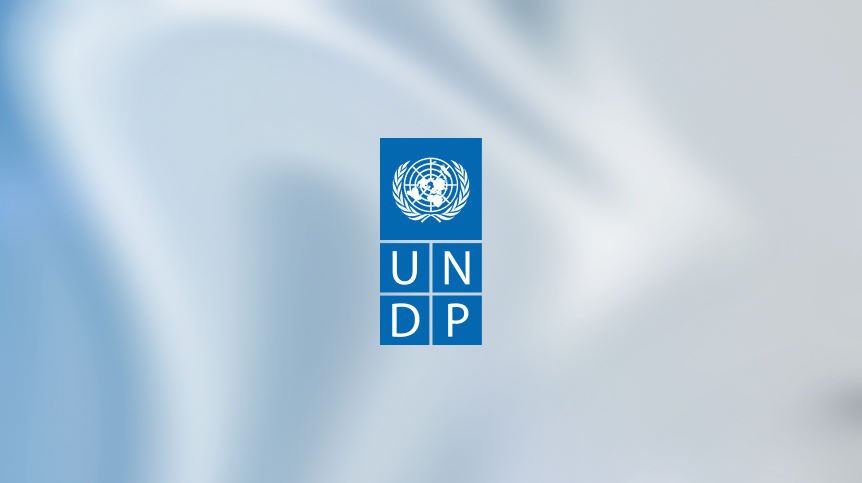In collaboration with the Ministry of Agriculture and Animal Welfare and Agro National Corporation (AgroNAT), the United Nations Development Programme (UNDP) in the Maldives continues to support good agricultural practices through the ongoing Project for Developing the Agriculture Economy (PDSAE). Supported by the Government of Japan, this initiative aims to fortify food security and livelihoods by ensuring access to affordable, safe, high-quality, and nutritious food, the latest venture of which was a hands-on training program in Good Agricultural Practices.
The opening ceremony of the Agri-Training Program for AgroNat commenced on July 1, 2024, at the Hanimaadhoo Social Center, with over 14 farmers from across the Maldives participating. Spanning from July 1 to June 25, this program is tailored to build the capacity of farmers with essential skills to improve plant propagation, nursery management, soil fertility, pest and disease management, and other essential techniques.
The ceremony was graced by Chief Guest Honourable Minister Dr. Maryam Mariya. In her speech, she emphasized the impact of such initiatives, stating, “Through projects like PDSAE, we can implement initiatives that will transform our agricultural landscapes.”
A significant aspect of this program included a visit to the Hanimaadhoo Agricultural Farm Center by officials from the Ministry, AgroNat, the Government of Japan, and UNDP. At this center, work is underway with the implementation of vertical farming techniques in the Maldives, experimenting with three types of vertical hydroponics.
Mr. Hussain Didi, Managing Director at AgroNAT, highlighted their commitment, stating, “It is our responsibility to build the capacity of our farmers with necessary skills and knowledge to enhance agricultural practices and sustainability.”
This innovative approach aims to maximize space and resource efficiency, offering a sustainable solution to traditional farming challenges, particularly the limited availability of arable land due to climate change. Vertical farming, which involves cultivating plants in vertically stacked layers or inclined surfaces in a controlled environment, has the potential to yield higher outputs compared to traditional farming methods. Initial results have been promising, indicating the potential for large-scale agricultural production in the Maldives.
“With climate change and limited arable land, food production in the Maldives is increasingly under threat,” emphasized Pek Chuan Gan, UNDP Deputy Resident Representative in the Maldives.
By providing advanced training, the PDSAE project is dedicated to promoting sustainable agriculture and ensuring a prosperous future for the farming sector. This partnership underscores our commitment to enhancing agricultural resilience, fostering economic sustainability, and empowering communities with access to nutritious food. Through innovation and collaboration, we strive to cultivate a secure and prosperous agricultural landscape in the Maldives.

